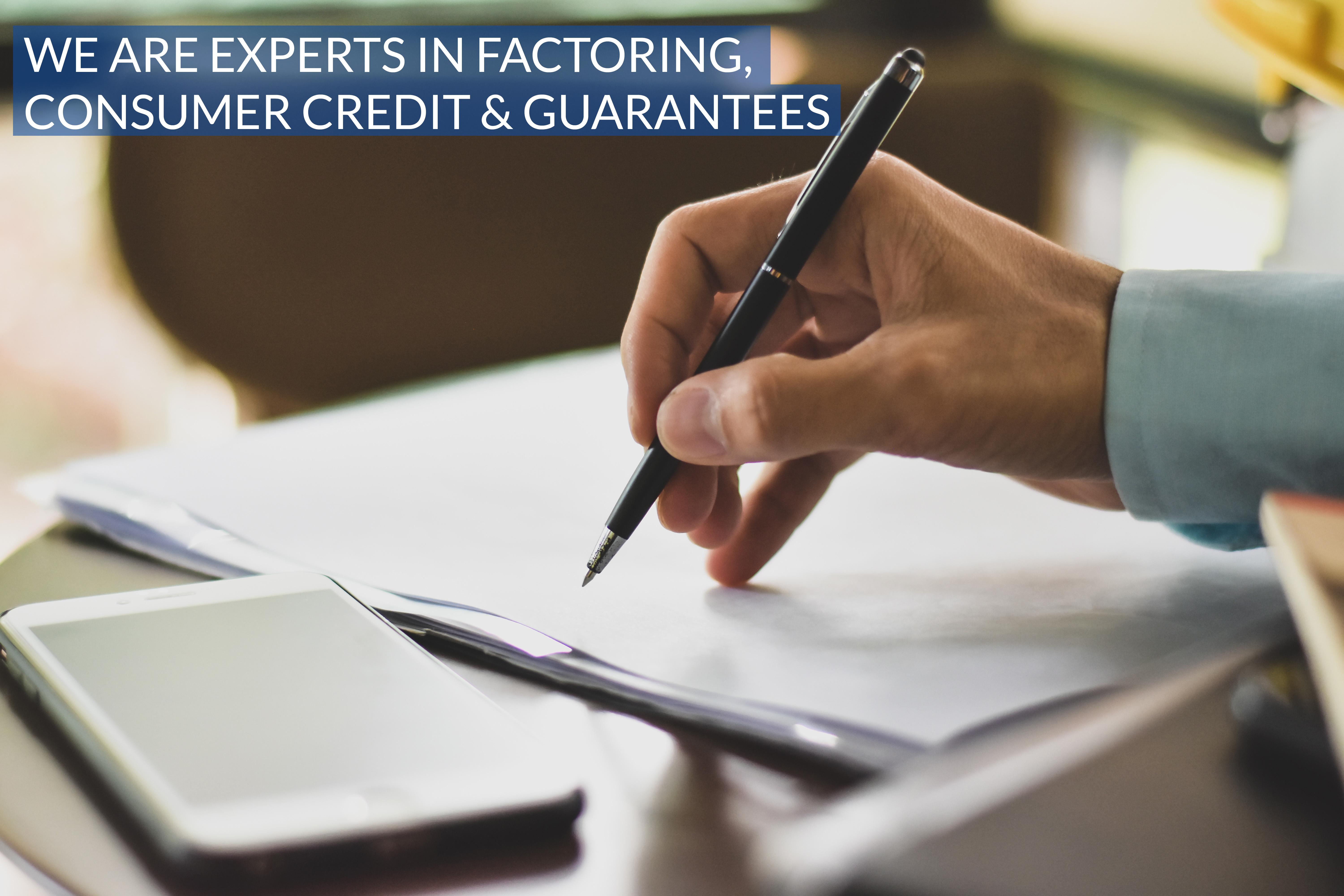What you can Expect from Us
We are serious about fighting for justice and have over 20 years experience in the legal profession.
We pre-vet your case free of charge within 2 hours whenever possible and without obligation.
If you have a good case we quickly pass it to a senior barrister who will consider it for no win no fee. A small administrative fee is only payable when we seek a barrister's opinion. If the barrister agrees, he will take on the case on a no win no fee basis.
We can also insure you against paying your opponent's legal costs. Our Panel barristers and solicitors don't just run cases - they win cases and it is they and not you who take the risk.
Factoring - your rights
Factoring is a financial transaction whereby a business sells its invoices to a third party (referred to as a "Factor"). Factoring and invoice discounting are services which re traditionally offered by finance providers, including the main Clearing Banks. It supposedly assists the cash flow of the business as invoices are paid quickly. But there is a heavy, and sometimes hidden, price to pay. This is a contract and as with any contract, it is fundamental that you read every term of that contract and in reality, the terms and conditions in small print. You sign, you are bound by.
Unless of course you can establish that there were any misrepresentations by the Factor or its representatives prior to you entering into the Agreement. You can challenge the contract on the basis of any such misrepresentations as long as you can ague you relied upon the in order to enter into the contract. With Factoring, do bear in mind that you may gain liquidity but it is at a price. Be certain in advance what that price actually is, and take a very good written signed note of everything that is said to you before you sign.
Can I challenge a bank guarantee?
A Personal Guarantee is an agreement that makes one liable for one's own or someone else's debts or obligations. Often, it will be where we own a limited company but the bank seeks a personal guarantee from the director or directors.
If the borrower defaults, you, the guarantor become liable. It is an exceedingly dangerous document. Once signed, it cannot easily be rescinded.
It is best practice to take proper legal advice before signing any such guarantee as you place your personal assets at risk. If the borrower defaults, the lender can then issue proceedings against you requiring you to meet the payment.
Your rights are pretty thin on the ground. You have a right to be told the truth and not misled. You generally have a right to seek independent legal advice. You have a right to a proper breakdown of the debt. The most significant right you have in relation to personal guarantees is to say - No. Think very carefully before signing. If you are signing, read it carefully and be aware of the potential extent of your liability.
How do you avoid legal costs?
If you believe that you have a legitimate Claim and/or Defence against the lender, you need to investigate the possibility of a no win no fee agreement with which we can help. This is often referred to as a Conditional Fee Agreement (CFA). You must ensure you are on firm ground as the repercussions of being involved in any litigation need to be considered in advance. banks have got resources, legal departments and the time to fight their cases. To fight against them, you need to be adequately funded. Often you can be much better trying to "bite the bullet" and settle but if you have a case truly worth fighting, please do not hesitate to contact us.
How do you succeed against the bank?
You can succeed against the bank if you have a decent case. You have to take proper legal advice at the outset and be realistic as to what those prospects are. The Courts are now well aware, as are the public, of the disreputable behavior of the banks in relation to interest rate swaps and PPI mis-selling. But there is much more. They are selling their wares and can be as guilty as anyone of over selling or mis selling.
You succeed by not trusting the banks from the outset, not signing anything hurriedly or without reading everything. Enquire as to whether you HAVE TO sign. You take a very good contemporaneous note of any discussions you have with the bank. Where possible have a witness with you when you meet with the bank. Before you buy any product from the bank, shop around. Remember when you sign, the Terms and Conditions are generally on the reverse of whatever you are signing, and you will be bound by them. Seek legal advice whenever you feel unclear about any aspect of your relationship with the Bank.

